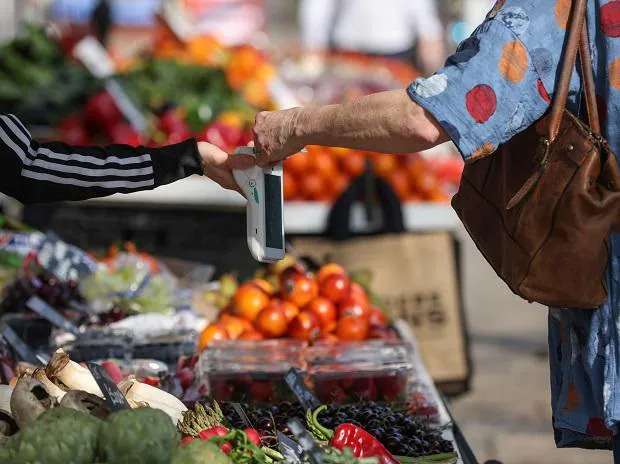Inflation in the United Kingdom accelerated to 7% in the 12 months through March, the highest annual rate since March 1992, the Office for National Statistics said
British consumer prices rose at the fastest pace in 30 years last month, fueled by soaring costs for household energy and motor fuels the latest grim figures as inflation surges around the world. The Office for National Statistics said that inflation in the United Kingdom increased to 7 per cent in the 12 months ending in March, the highest annual rate since March 1992.

The UK will experience the largest decline in living standards since the middle of the 1950s, according to analysts, as soaring energy bills, rising food prices, and tax increases eclipse higher salaries. As demand quickly recovered from the COVID-19 pandemic and Russia's war in Ukraine further increased energy costs and constrained supply chains, people all across the world are feeling the pinch of inflation.
The Labor Department said that consumer prices in the US increased by 8.5 per cent from a year earlier in November, which was the quickest rate in more than 40 years. Inflation in the 19 European nations that use the euro shot up to 7.5 per cent last month, setting a new record for the fifth month in a row.
According to the government's independent budget advisor, growing costs will cause disposable household earnings in the UK to decline by 2.2 per cent this year, inflation-adjusted. The cost of household natural gas increased by 28.3% over the previous year, while the cost of electricity increased by 19.2% as the global economy recovered from the COVID-19 epidemic and the demand for energy increased globally. After Britain's energy regulator approved a 54 per cent increase in gas and electricity bills for millions of people, which went into effect in April, prices will continue to grow.
The cost of gasoline and diesel fuel has increased by an average of 30.7 per cent over the last year, which is the highest increase since current records began in January 1989, according to the Office for National Statistics, which also noted an increase in transportation costs.
Countries are hiking interest rates in an effort to lessen the pain brought on by rising food, gasoline, and other costs. The U.S. Federal Reserve increased its benchmark short-term rate last month and is anticipated to continue doing so, possibly quickly. The Bank of England has increased its key interest rate three times since December.
While the European Central Bank has accelerated its withdrawal from economic stimulus programmes designed to fight inflation, it has not implemented any more drastic measures.







